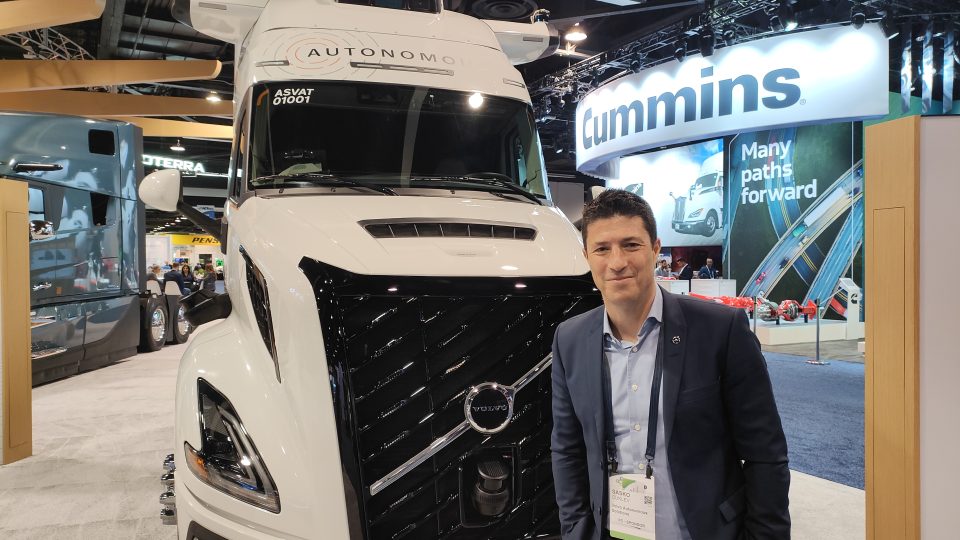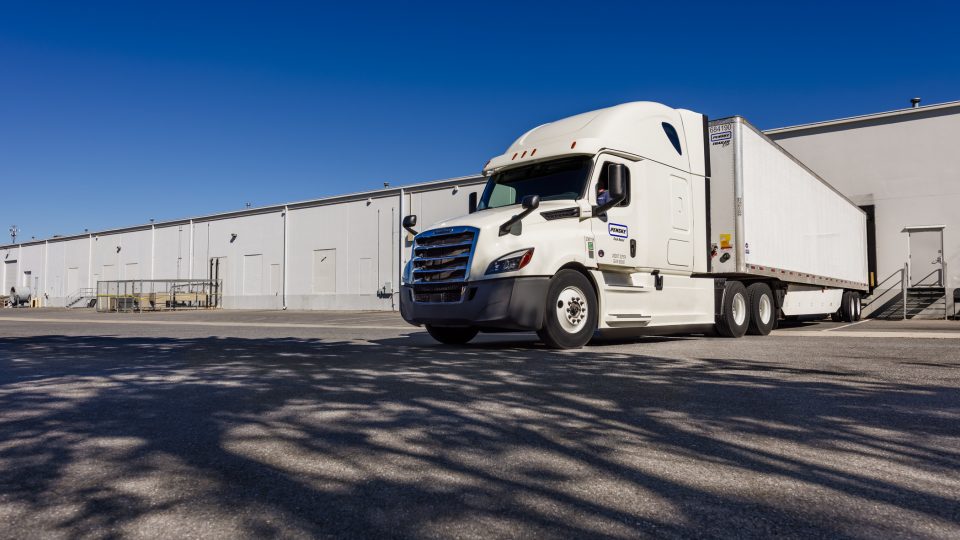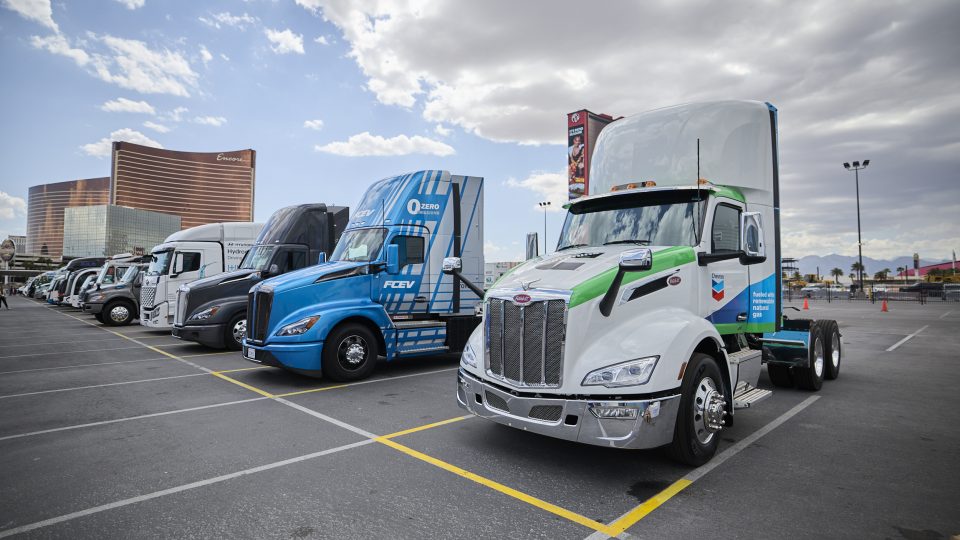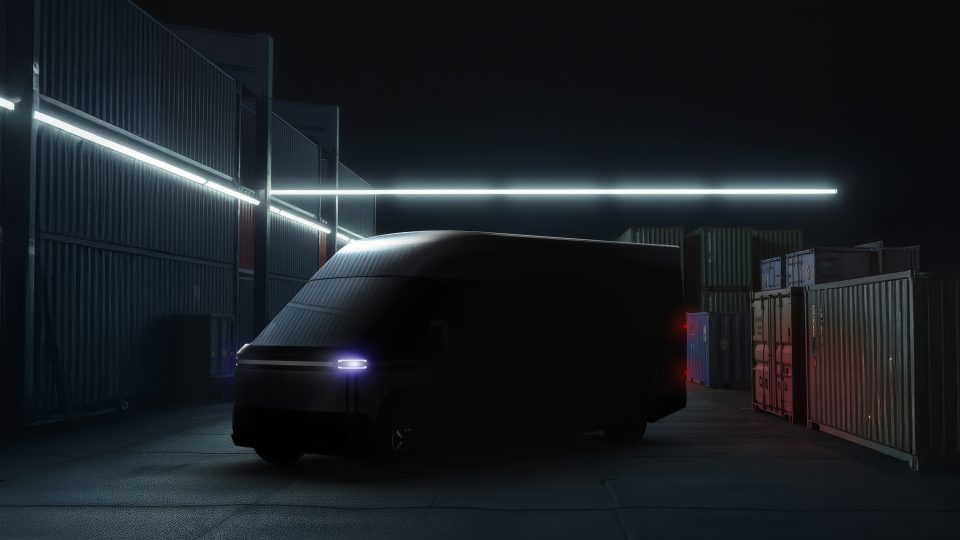BorgWarner Iperion-120 charging systems, explained. Our interview with Key Account Manager Andrea Ruggiero
Featuring an output voltage up to 900 volts, the solution is prepared for 800 volt BEVs and also for the power requirements of future generation batteries. We had a chat with Key Account Manager Andrea Ruggiero, who told us the origins of the charging station project and their potential in the electric commercial vehicle sector.
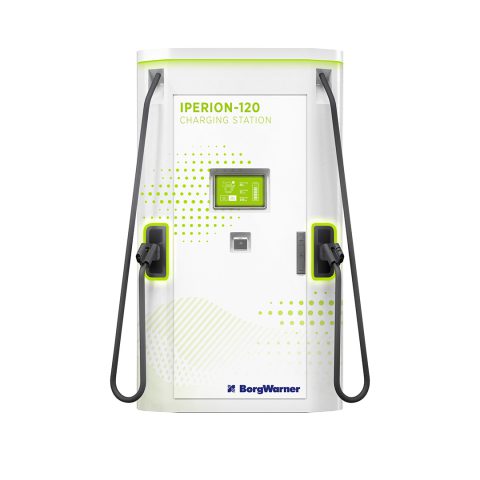
Following the acquisition of a well-established Italian industrial battery charging specialist in 2016, BorgWarner managed to develop its DC charging systems for electric vehicles. Last year, the first units of BorgWarner’s new fast-charging station, Iperion-120, have been installed by the Italian service provider Route220. Featuring an output voltage up to 900 volts, the solution is prepared for 800 volt BEVs and also for the power requirements of future generation batteries. We had a chat with Key Account Manager Andrea Ruggiero, who told us the origins of the charging station project and their potential in the electric commercial vehicle sector.
BorgWarner Iperion-120 charging systems
Mr Ruggiero, how’s BorgWarner charging system actually working?
“Our first product launched in charging comes from our tradition in industrial battery chargers. In 2016, Borgwarner acquired a company that has been making industrial batteries since the 1970s. We chose a 120 kW size divided over two plugs of 60 kW each. The system actually self-configures, meaning that if it finds two connected vehicles it is capable to distribute its power. The moment one is shut down, the power is routed to the other. The charging systems implements the most widespread standards on the market, thus making it compliant with whatever backend platform customers have. Optionally, an RFID-ready credit card payment system can be added”.
Is the charging system truly customizable?
“Yes, the product is customizable for the end customer in terms of logos and graphics. The internal technology is low frequency with perfect galvanic isolation. The transformers are built in-house, including windings. The supply chain is then made easier. The product is already on the market and our production is getting bigger”.
Commercial vehicles among the main possible applications
Where is the Iperion-120 charging station manufactured?
“Our production site is in Lugo di Romagna, Italy, where we also have the engineering department. The first applications were for customers who run public charging networks, for applications such as restaurants or shopping malls for fast charging while eating or shopping. Another big application that we see is commercial vehicles: buses and trucks. This product turns out to be extremely appealing for overnight charging. The system guaranteed 120 kW of power, however it’s possible to request 30 kW less, for instance, to charge the vehicles a little slower than competing systems, but requiring less power from the grid, so without overstressing the battery and increasing its life”.
What do you mean by that?
“When recharged too fast, the battery ages prematurely: when talking about extreme charging powers, such an issue is not often considered. The impact of charging on battery life is quite significant, say by 25-30% if it were always recharged at the maximum power acceptable to the battery. When time allows, better to go with a little softer power so as not to stress the battery too much. We have developed a smart charging platform that can distribute the available power optimally among the different connected vehicles, perhaps overnight, so as not to particularly stress the grid and reduce the cost of charging itself”.










